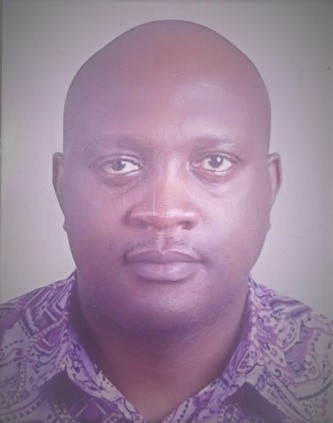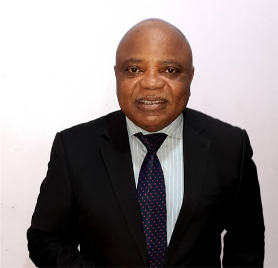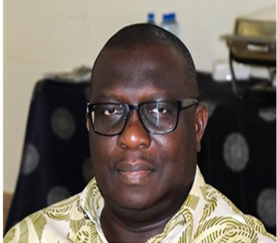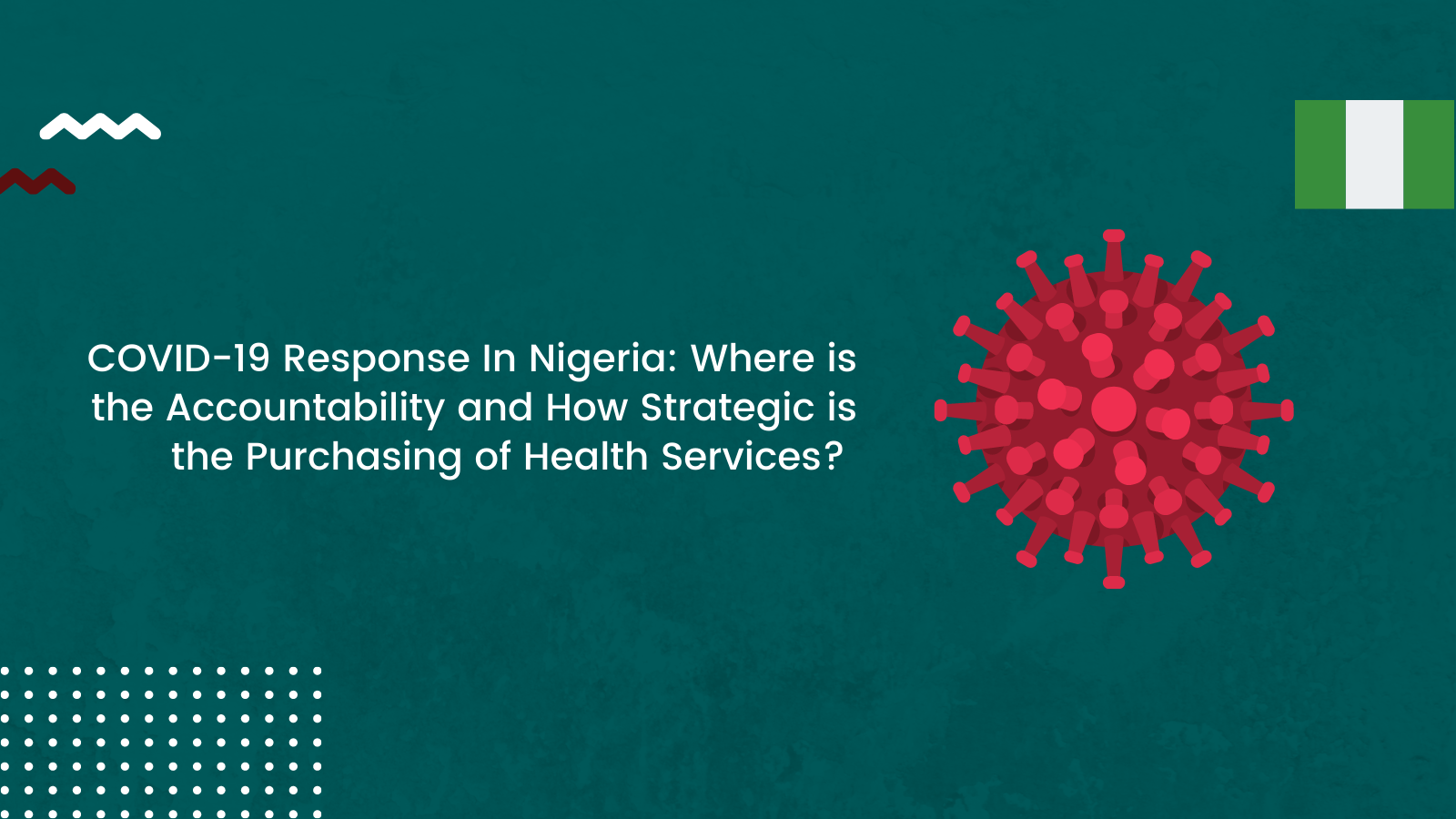October 27, 2020
Health is a fundamental human right; thus, access to this basic right of an individual should be protected and guaranteed to citizens of all nations irrespective of the prevailing circumstances. However, the greatest challenge to this right of the citizens is the financial resource constraints in achieving unhindered access to quality healthcare for all residents in a nation, including Nigerians. We know that the demand for health care is inelastic meaning that people will go ahead to pay for whatever services they need at all cost to improve their health status. Therefore principles of efficiency and accountability should guide all health interventions and not just limited to the coronavirus response.
The COVID-19 response in Nigeria

In Nigeria, the first case of Coronavirus was confirmed by the Nigerian Centre for Disease Control (NCDC) on February 27, 2020. The pandemic has taken its toll on Nigeria and its health systems with several more confirmed cases and associated case fatalities1. Experts have seen this virus as a global security threat that has the potential for severe economic hardship on the world economy. The country’s national response to this pandemic was spearheaded by the multi-sectorial Presidential Task Force (PTF) on COVID-19. This committee has strong political backing and mobilizes resources from both the public and private sector. Within a short time, the committee mobilized sufficient resources to commence the response in Nigeria despite the challenging economic situation in the country.
As of April 20, 2021, the world had recorded about 141 million COVID-19 confirmed cases with more than 3 million deaths globally. At this time, Nigeria recorded about 164,303 confirmed cases. The commercial cities of Lagos, Kano and the nation’s capital have been the epicenter of the spread of the virus and its response.
A benefit from COVID-19 in Nigeria, is the large amount of resources channeled to the health sector at the peak of the response demonstrating the inherent potential to generate more revenue for the health sector with strong political will. Health systems actors have seen this as a positive externality of COVID-19 in Nigeria. However, we are uncertain how prudent and efficient the mobilized resources have been used in managing the pandemic..
Healthcare services should be purchased strategically, with a shift from passive purchasing, to ensure Nigeria gets the maximum benefit from health care services. Purchasing is strategic when the allocation of pooled funds is linked to a provider’s performance for a well-defined health needs (benefit package) of a given population. The objectives of strategic purchasing are to enhance equity in the distribution of resources, increase efficiency, manage expenditure growth and promote quality in health service delivery. It also serves to improve transparency and accountability of providers and purchasers to the population (WHO, 2017)3. The COVID-19 response in Nigeria has not demonstrated evidence of strategic purchasing and lacks clear guidelines to support strategic health purchasing and improve accountability of resource use.
Strategic purchasing and accountability questions asked by stakeholders
In Nigeria, resources were mobilized as an extra-budgetary fund with independent spending authority and loosened ex-ante and ex-poste accountability mechanisms. In a country where accountability and transparency is a challenge, execution of extra-budgetary funds is often regarded as suboptimal in terms of efficiency. It is suboptimal because in the absence of strong safeguards, funds with independent spending authority, bypassing standard budgetary expenditure control, can dilute accountability and weaken fiscal control with corruption vulnerabilities4. Therefore, questions from stakeholders on the cost of treating one symptomatic or asymptomatic COVID-19 patient, how services are purchased and the payment mechanisms become critical. These questions have left many health systems actors bewildered because of the large sums of money spent daily on the COVID-19 response and with the prior knowledge that, before the coronavirus pandemic, health systems in Nigeria were weak and non-responsive.

Stakeholders are concerned about the passive purchasing of health services in the face of glaring inadequacies in the pandemic response. In the National interim guidelines for clinical management of COVID-19, there are no precise details or guidelines on what are the excepted pakcage of services for patients in treatment and those in isolation, who should provide the COVID-19 services, how they will be paid, and performance monitoring for COVID-19 services rendered. It is difficult to be a strategic purchaser of COVID-19 health services without defining the what you are purchasing, from whom you are purchasing from and the how of purchasing, and using data to make evidence based decisions on these questions. Therefore, having established a unified case management system for COVID-19, Nigeria should also develop strategic purchasing guidelines or a blueprint that will guide the use of resources in the response8.
The way forward for Nigeria
Many actors including the media have expressed concern and demanded for accountability on the COVID-19 spending. Accountability and transparency are a key element of strategic purchasing. Public financial management aims to ensure that public resources are used for their intended purposes and accounted for. When these safeguards are loosened through extra-budgetary mechanisms it reduces the trust of the public and stakeholders in government. The Presidential Task Force (PTF) for COVID-19 and state COVID-19 teams should consider the following to remedy this situation:
- Develop and widely disseminate a template for the accountability mechanism for the COVID-19 response in Nigeria. This template should be in line with existing procurement and public financial management systems in place in Nigeria. Daily briefings on the COVID-19 response should include updates on the resources mobilized and expenditure details.
- There should be a well-defined guideline on who can render services for COVID-19, whether as public or private facilities. This guideline should define what constitutes COVID-19 services, what and how providers and caregivers, will be paid. The clear articulation will help to make health purchasing strategic, and ensure uniformity in paying for services rendered.
- The Presidential Task Force should consider the possibility of stopping emergency procurement for COVID-19 in most states as this has contributed to the flaunting of existing procurement rules and introduced corruption in the procurement processes.
- States should also develop homegrown efficiency and accountability systems in the use of COVID-19 public funds.
Finally, Nigeria must demonstrate accountability in the use of public funds meant for the COVID-19 response. All actors, the Nigeria Centre for Disease Control (NCDC), Presidential Task Force on COVID-19 (PTF), Federal Ministry of Health (FMOH), States, all ministries and agencies involved in the response must take accountability seriously. Nigeria should also listen to the advice from the International Monetary Fund (IMF) Manager, Kristalina Georgieva, who said:
“Our message to governments has been clear. In this time of crisis, please spend whatever is needed, but spend wisely and keep your receipts. We don’t want accountability to be lost“.
This is the way to go, and accountability is a noble thing that serves all well.
References
- Nigeria Centre for Disease Control. Daily COVID-19 updates www.ncdc.gov.ng
- World Health Organization. COVID-19 Response Update. July 1, 2020
- Inke Mathauer, Elina Dale, Bruno Meessen. Strategic purchasing for universal health coverage: key policy issues and questions
- Fezeer Rahim, Richard Alien et al. COVID-19 Funds in Response to the Pandemic August 27, 2020.
- Business day Magazine, May 3, 2020
- Daily Trust Newspapers. A summary from expert and practitioners’ discussions Authors: Daily trust newspapers, May 13, 2020
- Premium Times. COVID-19: How health ministry, NCDC, FRSC and others mismanaged N1.7 billion.
- National interim guidelines for clinical management of COVID-19. March 2020
- How Nigeria could avoid waste and corruption when spending billions in IMF emergency assistance during COVID-19. Transparency International 2020.
AUTHORS

Dr Chikezie Nwankwor is a lecturer at the Department of Health Administration and Management, University of Nigeria, Enugu Campus where Chikezie lectures postgraduate students in Health Policy and Systems and Health Services Management modules. He is also a research associate at the Health Policy Research Group (HPRG).

Uchenna Ezenwaka is a research associate at the Health Policy Research Group (HPRG), College of Medicine, University of Nigeria Enugu Campus. She has a keen interest in the field of health policy and systems research in Nigeria – analysis of health policies, health services research including maternal and child health interventions, and getting research evidence into policy and practice and implementation research including adolescents’ health. She is a member of the health system global (HSG) and the West African Network of Emerging Leaders (WANEL).

Professor Benjamin S.C. Uzochukwu is a Public Health Physician at the University of Nigeria Teaching Hospital Enugu and Professor of Public Health, Health Policy and Systems, University of Nigeria, Nsukka where he was the founding Director of the Institute of Public Health. He is the National President of the Association of Public Health Physicians of Nigeria (APHPN), Director of Grants and Research West African College of Physicians (WACP) and member of the Ministerial Expert Advisory Committee on COVID-19 Health Sector Response (MEACoC).

Dr Uchenna Ewelike is a Senior Health Economist and Assistant General Manager working with the National Health Insurance Scheme (NHIS), Nigeria. He is the author of the book, “Basics of Health Financing in a Developing Economy”, a health financing book used in teaching students and residents doctors in about 22 Universities in Nigeria. He is an active member of Joint Learning Network for Universal Health Coverage, where he has participated in the development of two knowledge products. Ewelike member of the Health Policy Research Group (HPRG) in Nigeria.

Obinna Onwujekwe is a Professor of Health Economics, Systems and Policy, and the Director of the Directorate for Research in the University of Nigeria, Nsukka. He is the founder and Director of the Health Policy Research Group, which is a renowned and reputable research organization. He has led the development of many health policies in Nigeria, including the National Health Policy (2016) and the National Health Financing Policy (2016). He has served on the scientific and advisory boards of the African and International Health Economics.

